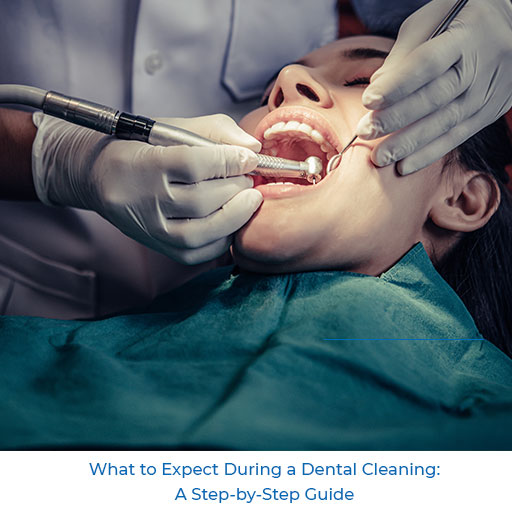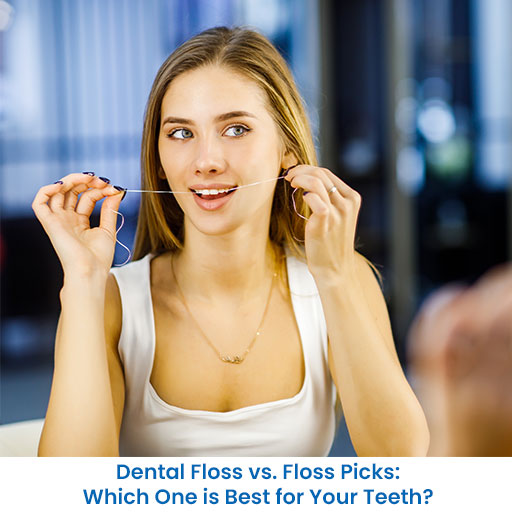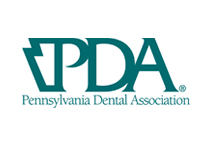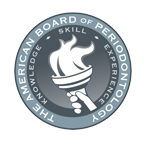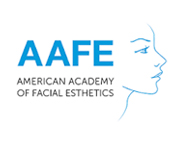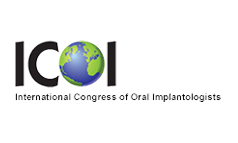
The impact of sugar on dental health is a topic that is often discussed in the dental industry. Sugar can have detrimental effects on dental health, especially if it is consumed in excess. In this blog, we will explore the relationship between sugar and dental health, and how a visit to the best periodontist in Langhorne PA can help prevent dental problems caused by sugar consumption.
Sugar and Dental Health
Sugar is one of the primary causes of tooth decay. When sugar is consumed, it combines with bacteria in the mouth to form acid, which erodes tooth enamel. Over time, this can lead to cavities and other dental problems. Additionally, sugar consumption can lead to gum disease, a serious condition that can cause tooth loss if left untreated.
Reducing Sugar Consumption
Reducing sugar consumption is an essential part of maintaining good dental health. One way to do this is to limit the intake of sugary foods and drinks. Instead, opt for healthier options like fruits, vegetables, and water. Another way to reduce sugar consumption is to brush and floss regularly to remove any sugar and bacteria that may be present in the mouth.
Regular Dental Checkups
Regular dental checkups are crucial for maintaining good dental health. A visit to the best periodontist in Langhorne PA can help detect and prevent dental problems caused by sugar consumption. During a dental checkup, a periodontist can examine the teeth and gums for signs of decay or gum disease. They can also provide advice on how to maintain good dental health, including tips on reducing sugar consumption.
Preventative Dental Care
Preventative dental care is an essential part of maintaining good dental health. In addition to regular checkups, preventative care includes things like fluoride treatments and dental sealants. Fluoride treatments can help strengthen tooth enamel and prevent decay, while dental sealants can provide an extra layer of protection against decay.
The Role of the Best Periodontist in Langhorne PA
The best periodontist in Langhorne PA plays an essential role in maintaining good dental health. They can provide preventative care, as well as diagnose and treat dental problems caused by sugar consumption. They can also provide advice on how to reduce sugar consumption and maintain good dental health.
In conclusion, sugar consumption can have a significant impact on dental health. To prevent dental problems caused by sugar consumption, it is essential to reduce sugar intake, practice good dental hygiene, and visit the best periodontist in Langhorne PA regularly. By following these steps, individuals can maintain good dental health and avoid the serious consequences of sugar consumption.
We hope you have received all the necessary information; for additional information, please visit our blog section or call us at (267) 908-4867




